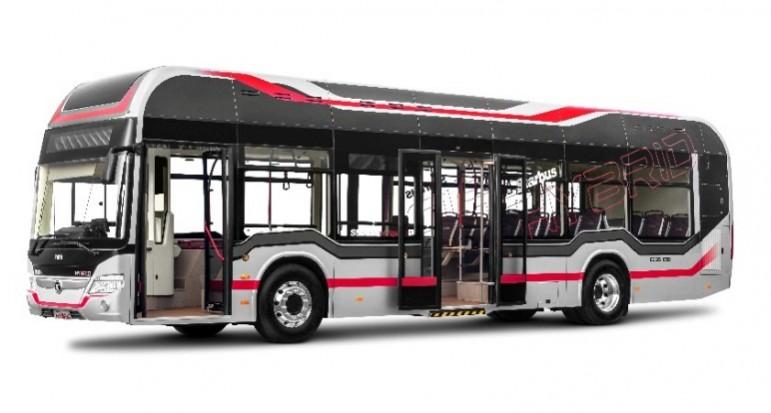
With air quality worsening in the capital, the Delhi government's latest move to battle pollution involves the induction of 1,000 electric buses (e-buses) into its fleet.
The move was announced by Chief Minister Arvind Kejriwal in a tweet following a cabinet meeting on Wednesday. The government approved the hiring of a consultant to run 1,000 electric buses estimated to cost Rs 2,500 crore, as promised in its 2018-19 budget.
"Cabinet approves the hiring of consultant to run 1,000 electric buses in Delhi. A big step in modernizing Delhi's transport sector and reducing pollution," Kejriwal said.
After passing the 2018-19 "green" budget, the Delhi government got the nod from the Supreme Court to add the e-buses to its fleet at a cost of around Rs 2.5 crore for each vehicle. Apart from purchasing electric buses, the budget included subsidies for switching to non-polluting fuel.
As per a 1998 order of the Supreme Court, Delhi should have a fleet of 10,000 buses for public transport but currently, it has only 5,815 buses.
With pollution rates going up, the Narendra Modi government had earlier introduced the Faster Adoption and Manufacturing of Electric Vehicle (FAME) scheme, with a target of making the country run on electric vehicles fully by 2030. While the scheme has been praised, in reality, it seems too ambitious a target to achieve as current vehicle milages are too low for mass adoption, and the technology still too expensive for the common man.
That has not deterred some manufacturers, however, who have taken to EV manufacturing in a bid to enter the lucrative Indian automotive market first. Mahindra and Tata have eagerly jumped on the bandwagon, with electric cars currently in the testing phase. Others like Honda and Toyota have been a little more cautious, and are yet to commit to selling EV's in India.
Tesla CEO Elon Musk has also openly expressed interest in bringing Tesla's to India but has so far not done so due to the government's requirements on local sourcing.














